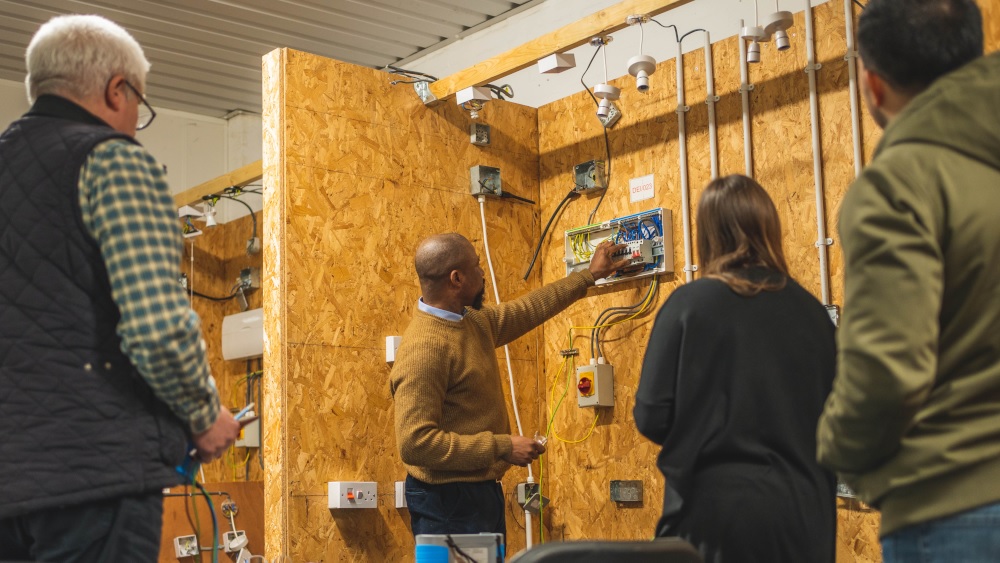
In February, the government announced new plans to restrict access to student loans, depending on academic achievement. Driven by ambitions to restrict university numbers, students who do not receive certain GCSE and A Level grades would no longer be entitled to receive crucial loans to help them through university, regardless of their backgrounds.
In an attempt to “weed out … low-quality courses” at university, and to reduce the rapidly rising number of students who apply for and attend university in recent years, ministers from the Department of Education have announced plans which state that students who do not achieve a minimum of two E grades at A Level, or Grade 4 pass in English and Maths at GCSE, will not be entitled to receive a student loan.
This decision raises multiple questions on the culture of education and what expectations we have for our students in today’s world. Are university courses supposed to lead towards fulfilling, better-paid jobs? Should students expect long-term, secure employment after completing their degrees? Or have we, as a culture, become so used to the expectation of these promises being delivered by the university route that we have neglected the other – perhaps more suitable – avenues that can lead to stable, long-term, well-paid employment. Such as construction and vocational routes, the likes of which the UK is in desperate need.
Naturally, the government’s decision has come under criticism, not least because this will impact students from more challenging economic backgrounds whose career options will be dramatically limited beyond attending university. Alistair Jarvis CBE, chief executive of Universities UK, makes the point that “Government should expand opportunity, not constrain it”. And we agree.
But surely these opportunities should be expanded for all career opportunities beyond university, including vocational training courses? Careers in construction and the trades are just as vital for the UK’s social and economic development, and this change in policy is an opportunity to encourage school leavers to consider all their options in accordance with their strengths.
Regardless of whether you might agree or disagree with the government’s policy, it is unwise to close certain doors without opening others, and this is what their decision could amount to. Without encouraging more school leavers into vocational training, the decision could negatively impact the futures of yet another generation of young professionals. Without diverting well-equipped and enthusiastic students towards vocational training routes, the government will limit opportunities for students across the country – and those from more disadvantaged backgrounds will bear the brunt.
Other avenues out of school therefore must be highlighted, encouraged, and pursued by educational and government policies, so that these plans for change do not leave students in the lurch, without all the options they are entitled to. And if more students were encouraged to pursue careers in construction as a result, this would be welcomed, considering the industry’s severe skills shortage.
Moreover, it would allow thousands of students to avoid the baggage of decades-worth of debt: a recent study claimed that students starting university in 2023 would have to wait 40 years after graduating before they manage to pay back their debts. With a rise in “poor-quality, low-cost courses” which do not guarantee effective routes into employment, is this really a price tag worth paying when other options can send you straight into work with a fraction of the time and cost?
And that’s where we come in. Access Training specialises in a range of vocational training courses, and has been supplying the UK with the next generation of tradespeople and skilled workers for well over a decade.
We do not believe in placing limitations on opportunity, and consider it our duty to ensure that prospective students enter the world of work as qualified, prepared, and ambitious as possible. Just as some potential students might be missing out on places at university, how many excellent prospective construction professionals have chosen university over a secure, well-paying career, to find themselves unemployed and saddled with debt on the other side?
Access Training represents another avenue, beyond university, which can streamline you into a professional career. Give us a call and we’ll take it from there.
Learn your trade. Get qualified. Make it happen.